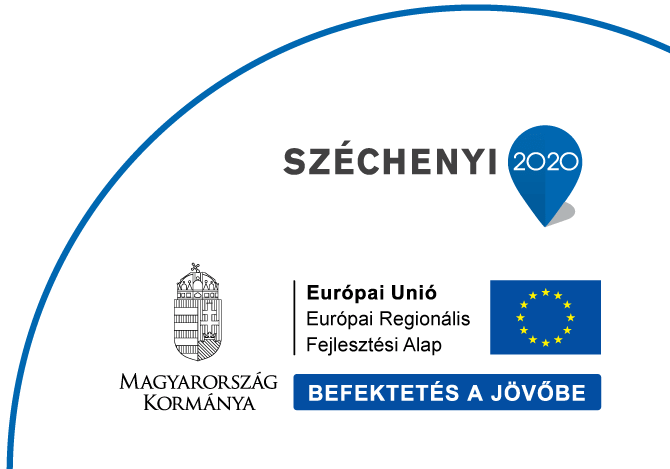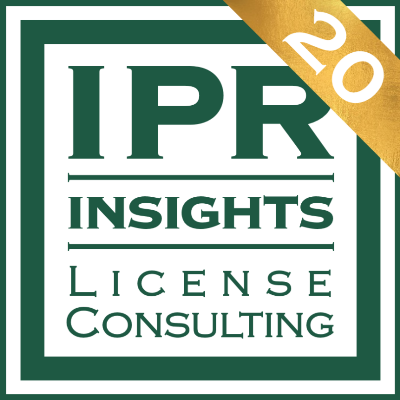Unfortunately, in the offer, there was no reminder for the famous magicians? words what was fired before each trick: “Watch my hands because I’m cheating!” Many fell for the trick. Article written by Kornél Girardi (IPR-Insights).

“Watch my hands because I’m cheating!” said the famous magician before his tricks. The witty phrase didn’t come up to me now by a card trick of the professional magician and ethical pickpocket. One of my acquaintances asked me to check what is behind these fantastic software purchase opportunities on the Internet.
The rule of too low price
I found one of these great deals on a well-known media and news service portal. One of the ads on the site offered above average and even fantastic discounts to buyers as a Black Friday promotion. I would have used the links of the software advertised at unrealistically low prices without ever hesitating, but the link addresses were always blocked by the security software. So I had to let go of the opportunity?
The other option was to order from one of the largest online retail stores in Central and Eastern Europe. Within the software category, two main groups deserve special attention: operating systems and office applications. Microsoft Windows 10 Pro products for business use, but especially the pricing of the Office 2019 Professional Multilingual Package could warm our hearts, and we could see gross purchase prices around or below ? 19.
As a reference, just to get a rough idea of where these amounts are to be placed, it is worth recalling the prices of the vendors? official web store (Microsoft Store), where the said desktop operating system is approx. ? 239, while the office package can be ordered for around ? 499. Of course, if the software is available under OEM (Windows only) or volume licensing schemes, the purchase price may be more favorable, for example, for a substantial, roughly half the list price. The real-life secondary software market prices of the affected software are approximately 50 percent lower than the vendors? official retail price for various second-hand licensing and distribution companies, such as a Windows 10 Pro OEM for up to ? 59 and an Office 2019 Professional (Plus) for about ? 249.
The test of the pudding is eating – the saying goes. Let’s see what we get for this money, I ordered for ? 15,99 ? I?m quoting: ?a Microsoft Office 2019 Professional, 32/64 bit, Hungarian + multilingual, electronic license” from a well-known web store (in bold: free shipping) which has confirmed the transaction and listed the partner company that markets and ships the product. It had a rather meaningful English company name with Croatian headquarters and has been (according to its website) the leading digital software distributor in the country, since 2016. In this category, mainly Romanian, Bulgarian and Croatian merchants can be selected.
You don’t get what they promise
Then came the order shipment by that particular partner (but still on behalf of the famous online retail store), which came in the form of an email. In addition to the content of the order confirmation, the email also contained two attachments, an invoice, and an instructional document. In the latter, download links for the Hungarian and English versions, as well as the chat path for a problem, were sent. In addition to the obvious accounting information, the invoice contained the following software item: “Microsoft Office 2019 Pro Plus, Digital License HU,” underneath the product key. (For the discerning reader, there may be some discrepancy between the ordered product and the invoiced one.) I did not receive a license certificate or other supporting documents! The product that actually arrived was Office Professional Plus 2019 (32/64 bit, English / Hungarian version), which I successfully installed and activated. Here’s the caption in big red letters:
You’ve probably become a victim of fraud!
For everyday items, resell is perfectly normal – and I am not thinking primarily about the toothbrush ? at a clearly better price than what we bought it for first. This is no different for software. The legal basis for the sale of second-hand software is only provided by the principle of copyright exhaustion provided by our domestic copyright law (Copyright Act LXXVI of 1999) and the relevant EU Directive (Directive 2009/24 / EC on the legal protection of computer programs) will also appear. This means that once a software copy has been marketed by the software vendor through the sale or other transfer of ownership, it will no longer be able to exercise the distribution right, i.e. it will not be under the control of the vendor after the first sale.
According to jurisprudence, until recently, the application of the general rule of exhaustion to software was questionable; The decision in UsedSoft (UsedSoft GmbH v. Oracle International Corp., C-128/11; CJEU) eliminates many uncertainties and in fact, opens up a wide range of opportunities for the used software market.
We have produced numerous publications on this subject, and I suggest you read further and delve into the articles on IPR-Insights and Bitport, which provide very useful information about the secondary software market.
An invoice is not enough for a software
It is especially important to distinguish the software used in this way from pirated or stolen software, i.e. illegally acquired. Of course, we could sit back and say, based on our case above, I have a bill, paid for the software, why not use it legally? We can say, but this would be the momentum when we became a politician for the Ostriches, which is known to be a popular but very dangerous profession.
What we get for our money at a bargain price is a so-called “electronic license” or “ESD (Electronic Software Delivery) license”, which usually means only the product key required for installation, without proof of origin. Most of these types of licenses carry the risk of counterfeiting! The lawful use of the software requires that the user is able to prove that the software is in legal use, even if the software was not acquired firsthand. The purchaser of the software must have licensing documentation that identifies who the previous owners of the license were, meaning that the full history of the licenses will be displayed. This is the so-called transparent chain principle, which allows the user to prove in a credible way that they are authorized to use the software. In addition, the buyer must also make sure that the previous user is no longer using the license, so it is advisable to request a written statement from the seller about this. The proof of purchase of the software (the invoice) in itself is not sufficient to justify lawful use, but it is necessary for accounting purposes as it serves as a basis for the registration of intellectual property or proprietary rights.
It was terrific to see a flood of comments on the web-store page. Most of them represented two trends. There were comments from satisfied (but actually cheated) customers who were delighted that they thought they were doing a good deal (while actually throwing a few thousand out the window). And there were those dissatisfied who had experienced firsthand the harmful effects of illegally acquired software right at the moment of ordering.
Therefore, we recommend that anyone who is considering buying second-hand software – both for custom software and volume licensing schemes – carefully look through all the important issues (such as the two articles quoted above). Moreover, if you are still uncertain, consult a professional, for example, secondary software sales, software remarketing company about the legal and technical prerequisites.
So when buying software, always remember the magician: it is worth watching because they are really cheating!






































